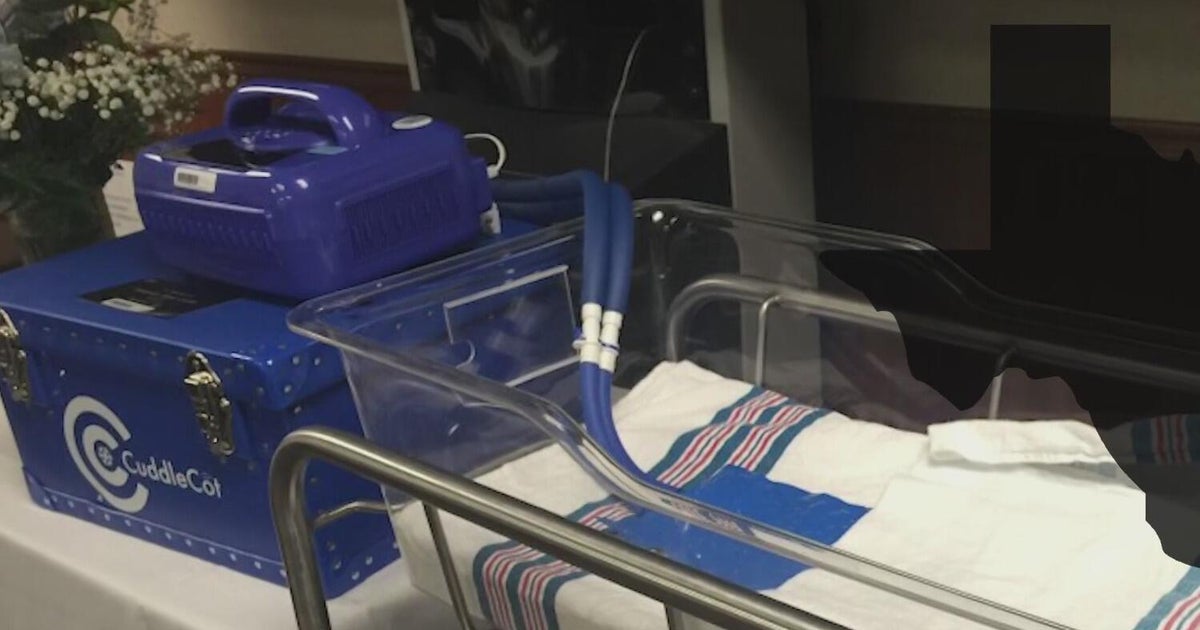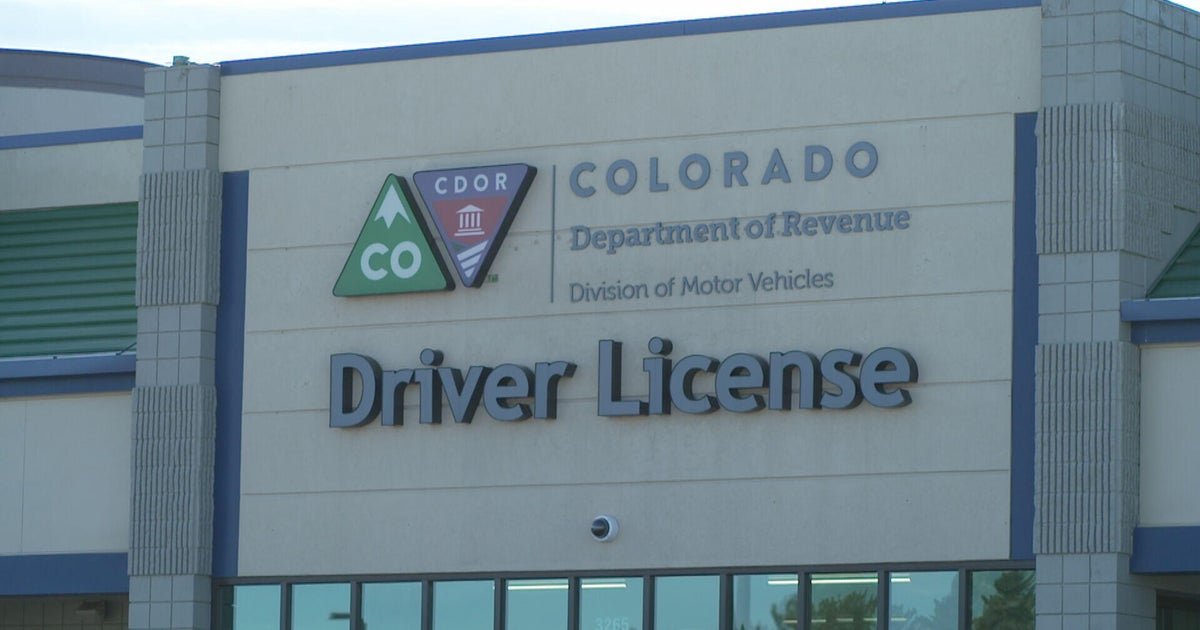BBB Releases List Of Most Common Scams In 2021
FORT WORTH (CBSDFW.COM) - Have you ever been scammed? You may think the answer is "no" but criminals are getting better at conning people. The Better Business Bureau of North Central Texas tracks complaints trending in DFW. Here's a look at the most common scams reported in 2021.
#1 ONLINE PURCHASE SCAMS
- 1,021 reports – 30.5% of all reports
- $500,804 reported lost – 25% of all money lost
- 19.2% of all reports from those ages 35-44
These days you don't need to leave your house to shop. From groceries to gifts, cars and pets, you can get just about anything delivered right to your door. Amy Rasor with the BBB often hears from people who have been burned by social media ads. They click and buy but the item never ships, or what arrives is poor quality or counterfeit.
Rasor says the number of pet sale scams is also being fueled by social media. "There are all kinds of ads being promoted, boosted, a lot of push, said Rasor. "Our investigations have shown that there's a potential for about 80% of those to be fraudulent."
Scammers will use cute photos to manipulate buyers' emotions and cloud their judgment. "Please, please, please meet the pet in person," said Rasor. "Don't purchase an animal sight unseen."
Her advice: do your research, talk to previous customers or look at independent reviews, and use a payment method with protection. And any time you buy something online skip the ads and go straight to the company's website.
"The first thing you want to look for is the 's' with the http," said Rasor. "'S' means secure and you want to see a lock symbol on there. If you don't have those things get out of there. Don't put any personal information in."
#2 PHISHING SCAMS
- 450 reports – 13.5% of all reports
- $129,926 reported lost – 15.4% of all money lost
- 21.3% of all reports from those ages 65+
Phishing scams used to mainly work as text messages and emails with links. These days, however, scammers are using fun to fool you. "Something to be extremely aware of are the quizzes you take on social media," said Rasor. The questions may seem trivial but the answers could lead to trouble. "You're really sharing information that can be data-mined by bad guys," said Rasor. "Any time you're providing information in a way that you don't know the person on the other end, it's a risk."
#3 EMPLOYMENT SCAMS
- 333 reports – 10% of all reports
- $94,995 reported lost – 5% of all money lost
- 25.8% of all reports from those ages 25-34
Employment scams are another one that depend on social media to find victims. If you're looking for work beware of job postings by people who want you to message them for details. "If they're not willing to be transparent and willing to share the information so that everyone can see it, there's an issue there," said Rasor.
Like other online postings - do your homework. If you see a job opening on social media go straight to the source. "Go to [the company's] website, find out if it's posted there, if it even exists, and even call the HR department and say 'I've found this position, can you tell me a little more about it,'" said Rasor.
#4 GOVERNMENT IMPOSTER SCAMS
- 193 reports – 5.8% of all reports
- $32,921 reported lost – 1.6% of all money lost
- 33.2% of all reports from those ages 65+
The fourth most common scam of 2021 involved government imposters, like those claiming to be from the IRS or Social Security Administration. Rasor says neither organization will ever call you. "If it says the IRS is calling you, that is not the IRS. Let it go to voicemail. They're not going to email you either. They're going to mail you."
#5 SWEEPSTAKES/LOTTERY SCAMS
- 151 reports – 4.5% of all reports
- $21,070 reported lost – 1.1% of all money lost
- 49.7% of all reports from those ages 65+
Rounding out the top five list: lottery scams. Remember, you can't win if you haven't played, and you won't have to pay something to claim your prize.
Two more scams to note involved cryptocurrency and home improvement projects. Rasor says victims of both lost a disproportionate amount of money.
HOME IMPROVEMENT SCAMS
- 65 reports – 1.9% of all reports
- $180,779 reported lost – 9% of all money lost
- 29.2% of all reports from those ages 35-44
CRYPTOCURRENCY SCAMS
- 56 reports – 1.7% of all reports
- $340,754 reported lost – 17% of all money lost
- 28% of all reports from those ages 35-44
All of these scams have one thing in common: a sense of urgency. Whatever the item or offer is, Rasor says you should not rush into a purchase. Stop, verify and look for red flags. It will save you time and money all year long.
Here's a full breakdown of reports and monetary losses from the BBB.
- Over $2 million reported lost and 3,345 scam reports
- Average of $598 reported lost per report
- Broken down per age range:
- 18-24 – 230 reports with $81,898 lost
- Average $356 per report
- 25-34 – 497 reports with $529,525 lost
- Average $1,065 per report
- 35-44 – 600 reports with $287,978 lost
- Average $480 per report
- 45-54 – 557 reports with $442,224 lost
- Average $794 per report
- 55-64 – 534 reports with $335,025 lost
- Average $627 per report
- 65+ – 611 reports with $262,209 lost
- Average $429 per report
- 18-24 – 230 reports with $81,898 lost








